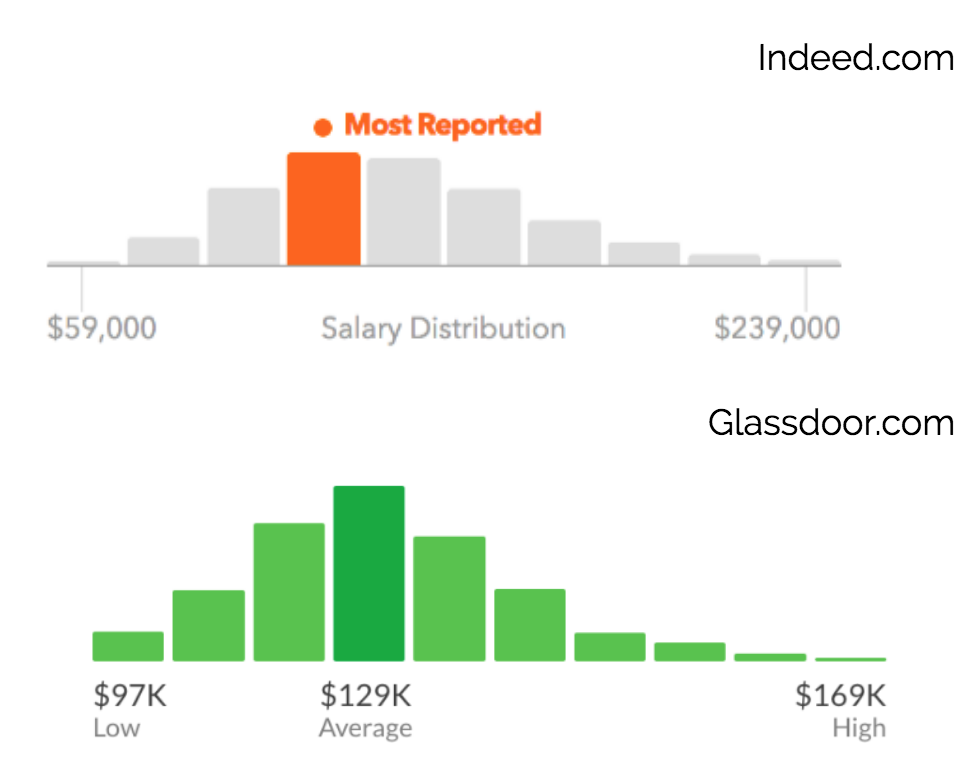The reason why I chose the field of Software Architecture is because I already have extensive knowledge in big data analytics, from my ongoing internship with the University of Arizona. I have also pursued coding through coursework and relevant activities. I am also interested in the business side of the tech industry, which motivated my successful years of involvement with FBLA. By combining my knowledge in business with my solid technical background, I know I can be a successful software architect as described in my research below.

GENERAL DESCRIPTION
Software Architects oversee and work closely with other members of a development team such as programmers, designers, UX engineers, quality assurance, and sales teams. They are usually the head of software development and oftentimes report directly to upper management. A Software Architect is involved in all aspects of a project’s lifecycle, from ideation through requirements analysis, design and implementation. This is a hands-on position, requiring skillful research, analytical thinking, design intuition, and smooth delivery of solutions that meet corporate needs at a massive scale. The Software Architect’s influence reaches across the organization, providing critical leadership and guidance in the adoption of technical solutions, strategies, and design motifs across multiple teams.

EDUCATION AND REQUISITE SKILL SETS
The journey to become a successful Software Architect begins with a graduate degree in Computer Science or Computer Engineering. However, as the core knowledge necessary for Software Architecture is broad and extensive, one is also expected to understand the software development lifecycle (SDLC), to be proficient in multiple programming languages and design patterns, and to have robust experience with data modeling and database design. Generally speaking, there is a heavy focus on Big Data, machine learning, and Cloud Computing technologies. Individuals with expertise in libraries and platforms such as Apache Spark, TensorFlow, R, and so on are highly sought after.

INCOME | SALARY
According to indeed.com, the median annual salary for a Software Architect is $119,922 as of February 12, 2018, and it typically ranges from between $59,000 to $239,000. However, salary can vary widely depending on a variety of factors. These statistics were calculated from an analysis of 4,822 employees, users, and job advertisements posted from the past 24 months. Alternatively, according to glassdoor.com, the national average salary for a Software Architect as of February 10, 2018 is $128,715 in United States. These salary estimates are based on 3,995 salaries submitted anonymously to Glassdoor by Software Architect employees.

JOB OUTLOOK AND ADVANCEMENT
According to the Bureau of Labor Statistics, Software Developers, including Software Architects, are expected to see an above average growth rate of 17 percent through 2024. This will add an estimated 186,600 jobs to this sector during this timeframe. Once many Software Architects establish their career, there are a number of different career paths for advancement. Since these roles are highly technical and often deal with cutting edge technologies, many move on to join senior management roles that fall under various different titles depending on the company and the industry, such as Chief Architect, Vice President of Engineering, Chief Technical Officer (CTO), and eventually Chief Executive Officer (CEO). Many Software Architects ultimately opt to establish their own start-ups.
Check out the sources I used for this research here.